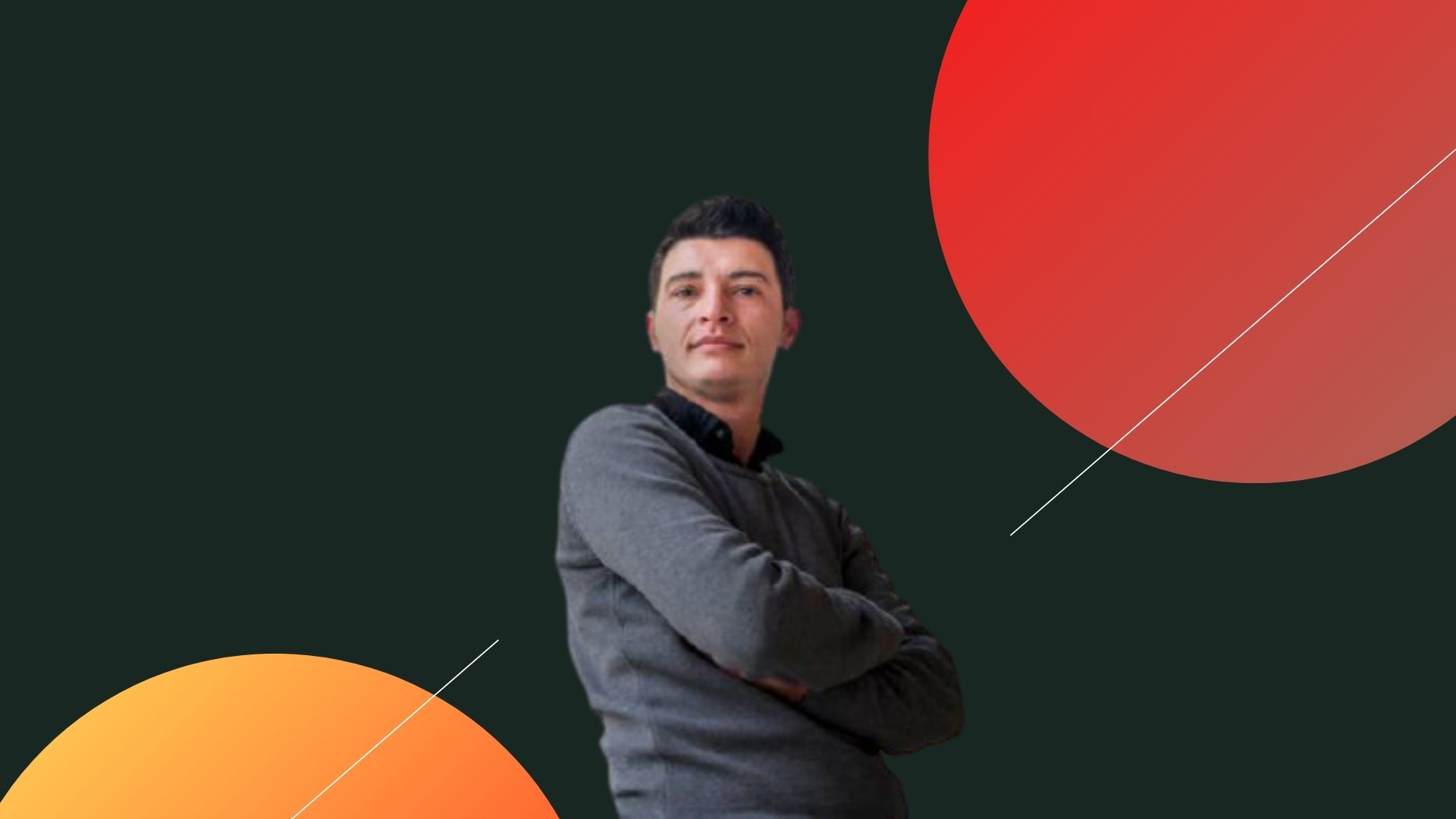This month, the Kosovo Women’s Network (KWN) continues a series of publications on the work and contribution of human rights activists in Kosovo.
This time, Blert Morina, Executive Director of the Center for Equality and Liberty of the LGBT Community in Kosovo (CEL), explains more about the history of the organization and the efforts thus far to ensure the realization of the rights of LGBTI people in Kosovo.
Morina also talks about the importance of collaborations with civil society actors in this journey, with special emphasis on the cooperation and support received from KWN over the years.
Brief history of CEL
As far as we can recall, since 2013, CEL has advocated for the empowerment of the LGBT community in our country, Morina mentions that CEL has operated with three main programs, advocacy and lobbying, non-formal education and welfare of LGBTI people in Kosovo.
“For the development of these programs, CEL Kosova is engaged in advocacy and lobbying for the rights of LGBTI persons, such as advancing the first case of changing the name and gender marker in official documents. Furthermore, CEL is engaged in decision-making processes for the rights of LGBTI persons, including in the process of drafting the civil code in the Republic of Kosovo, specifically for the right to marriage “, says Morina.
Furthermore, he emphasizes the provision of psychological services, to improve the mental health of LGBTI persons. This provision takes into account the difficulties caused by discrimination, ill-treatment or even the psychological and physical violence they face.
“At the same time, it is necessary to properly represent the community in the process of reporting cases to relevant institutions, and for this CEL provides legal advice and representation,” he said.
In terms of non-formal education, Morina adds, CEL Kosova continues from the beginning of its establishment to offer various activities dedicated to the LGBTI community, supporters and the Kosovar society in general.
“It is also worth mentioning that CEL has contributed to the education of state institutions to improve services for LGBTI people and to address these issues with sensitivity and professionalism.”
The institutions that have been part of the trainings of CEL Kosova are: Kosovo Police, Courts and Prosecutions of Kosovo.
Joint advocacy of CEL and KWN
In this important journey, CEL has also collaborated with KWN.
In this part of the conversation, Morina describes the most important activities and advocacy campaigns that the two organizations have undertaken together.
“CEL has worked closely with KWN in various aspects towards changing Kosovar society in numerous initiatives. KWN, together with CEL, co-organized the March 8th event to mark International Women’s Day and address important issues for women’s rights. ”
Moreover, the initiative to mark Human Rights Day is a joint endeavour with CEL Kosova, initiated by the Office of the People’s Advocate.
“Among other things, KWN has also supported CEL by joining the challenge of changing the name and gender marker for transgender people, and has joined the process of drafting the civil code, to include equality in marriage as envisaged in the the Constitution of Kosovo.”
Goals can only be achieved together
It is worth noting that CEL and KWN are amending the Civil Code to require, amongst other things, that the article of the Civil Code on marriage aligns with the constitution’s definition of the right to start a family, which guarantees all equally.
The Ministry of Justice has accepted most of the comments provided, but their inclusion remains to be seen during the processing of the code in the Assembly.
Morina shows how important this cooperation is in advancing the rights of the LGBT community in Kosovo.
“All the major achievements of CEL Kosova are the result of collaborations with various actors, including KWN, as one of the most supportive organizations of our journey. Their support helps in our journey for the rights of LGBTI people and accelerates the decision-making process in favor of LGBTI people in Kosovo.”
“CEL Kosovo is always grateful for the support and provision of KWN expertise and we strongly believe that we will achieve our goals by being towards each other,” he added.
Challenges for LGBTI people and women’s rights in Kosovo
At the end, Morina outlines the remaining difficulties for the rights of the LGBT community and women in Kosovo, which are not limited to a single area.
“Unfortunately, the main challenges of LGBTI people continue to remain the same, taking into account that major changes occur mainly in Pristina, the biggest challenge still is the recognition of the existence of LGBTI people throughout Kosovo.” he says.
As for gender equality, he considers that one of the main challenges remains unequal treatment and non-provision of equal opportunities for women.
“These social problems are at the heart of other problems that limit LGBTI people and women from joining society and having equal access to education, security, employment and personal or professional development.”
However, Morina remains optimistic that their path to equality becomes stronger every day.







